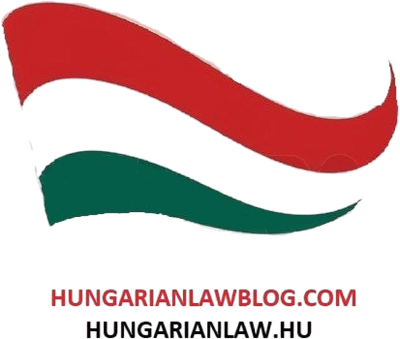Learn the ins and outs of influencer marketing and how it can benefit your brand.
The Competition and Markets Authority has updated its November 2017 #GVH #Compliance #Opinion Leaders briefing ,which is summarised below. It is important to note in advance that the Competition Authority's recommendation is based solely on the provisions of Act XLVII of 2008 on the Prohibition of Unfair Commercial Practices against Consumers, but other legislation may also apply to influencer marketing (Civil Code, Civil Code, Children's Act, tax legislation, etc.).
According to the Fttv., individuals who promote third party products on their own social networking sites for a fee are considered opinion leaders (influencers). In addition to a monetary benefit, the remuneration may include, for example, the provision of a discount, a free product or service to the influencer, an invitation to a trip, etc.

If the influencer displays content for consideration, any form of business relationship or cooperation with the advertiser must be clearly and precisely identifiable and, where possible, ensure that consumers are presented with the same indication of the business relationship within a platform.
Any reference to an advertisement in a language other than Hungarian will only be accepted if it is made in the language of the content published by the advertiser.
In the absence of an advertising label to indicate the content, it is recommended that, in the case of content that only displays text, the reference to the consideration should be displayed in a way that is appropriate to the length of the text, clearly visible, separate from the text, and before any further clicking or scrolling requiring consumer intervention.In the case of stories, it is recommended to indicate the fact of consideration by direct textual indication on the image or video and by a narrative attention-grabber. It is important that the textual indication is at least as prominent as other textual elements in the image or video.
It is expected that the opinion leader has actually experienced and tried the product or service being promoted, and that his or her statements reflect his or her personal experience of the product, thus presenting a true picture to his or her followers.
The GVH has recommended that advertisers and the agencies that assist them develop contractual terms and conditions and processes or compliance programmes to ensure that they are aware of the legal requirements. The Competition Authority also included in the Recommendation the establishment of an appropriate monitoring system and reporting process, the setting of industry standards and the establishment of control points.





